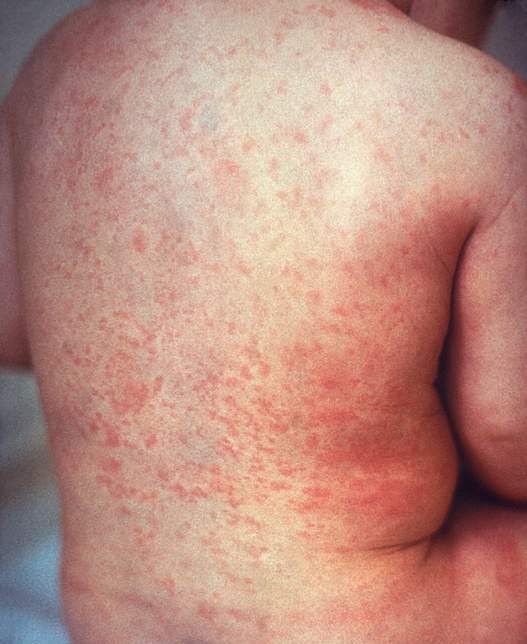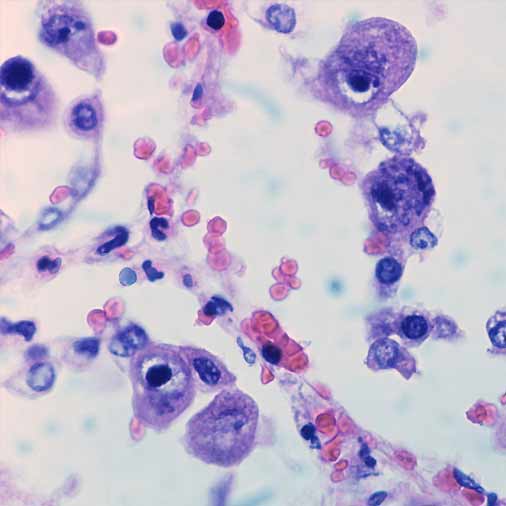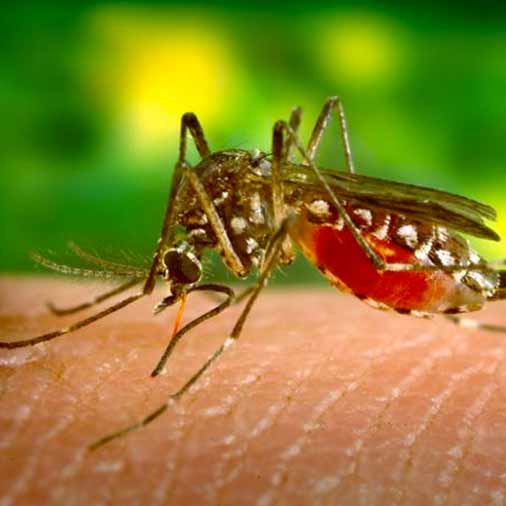Rubella, also known as German measles or three-day measles,[5] is an infection caused by the rubella virus.[3] This disease is often mild with half of people not realizing that they are infected.[1][6] A rash may start around two weeks after exposure and last for three days.[1] It usually starts on the face and spreads to the rest of the body.[1] The rash is sometimes itchy and is not as bright as that of measles.[1] Swollen lymph nodes are common and may last a few weeks.[1] A fever, sore throat, and fatigue may also occur.[1][2] In adults joint pain is common.[1] Complications may include bleeding problems, testicular swelling, and inflammation of nerves.[1] Infection during early pregnancymay result in a child born with congenital rubella syndrome (CRS) or miscarriage.[3] Symptoms of CRS include problems with the eyes such as cataracts, ears such as deafness, heart, and brain.[3] Problems are rare after the 20th week of pregnancy.[3]
Rubella is usually spread through the air via coughs of people who are infected.[3][4] People are infectious during the week before and after the appearance of the rash.[1]Babies with CRS may spread the virus for more than a year.[1] Only humans are infected.[3] Insects do not spread the disease.[1] Once recovered, people are immune to future infections.[3] Testing is available that can verify immunity.[3] Diagnosis is confirmed by finding the virus in the blood, throat, or urine.[1] Testing the blood for antibodies may also be useful.[1]





